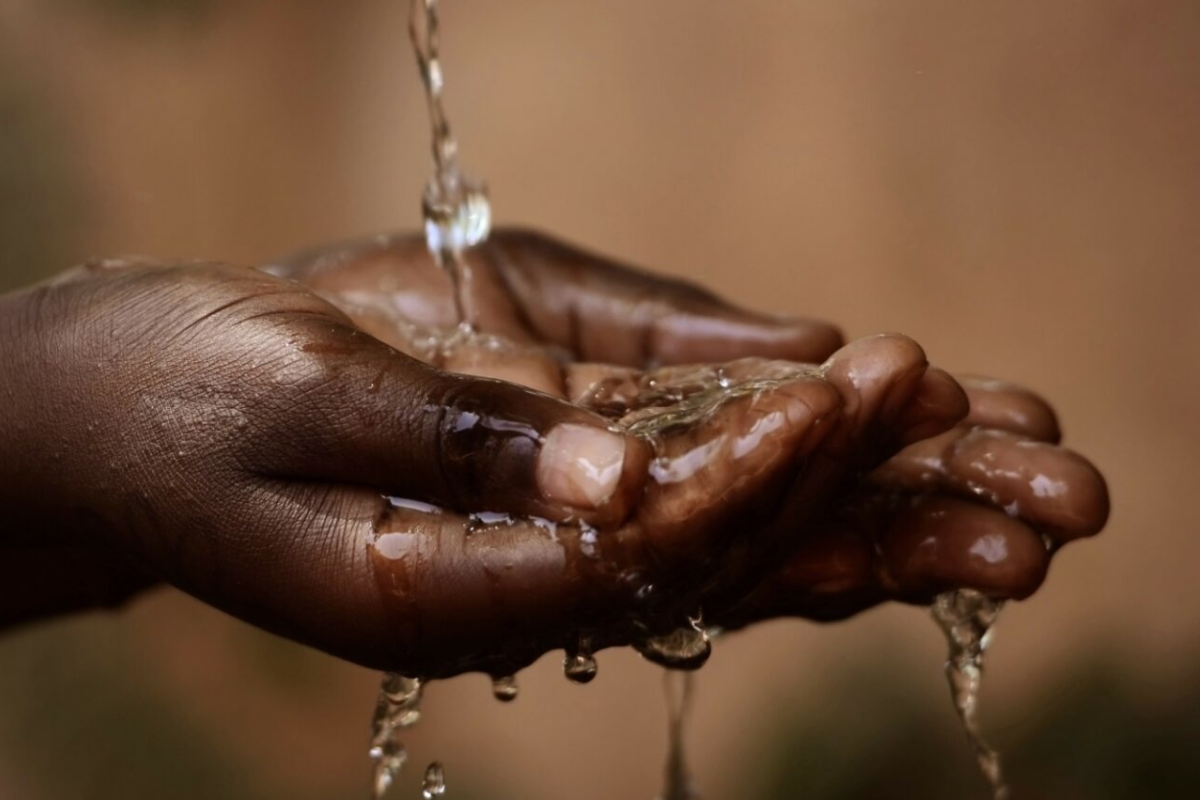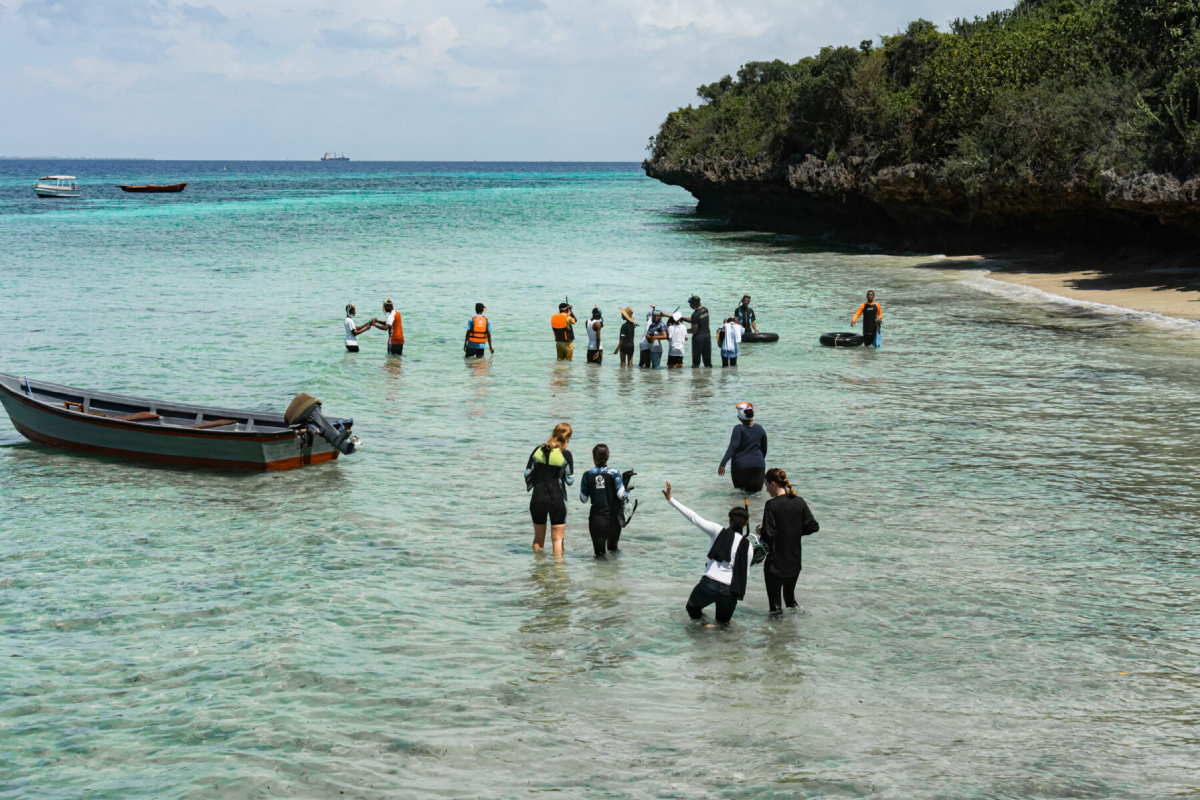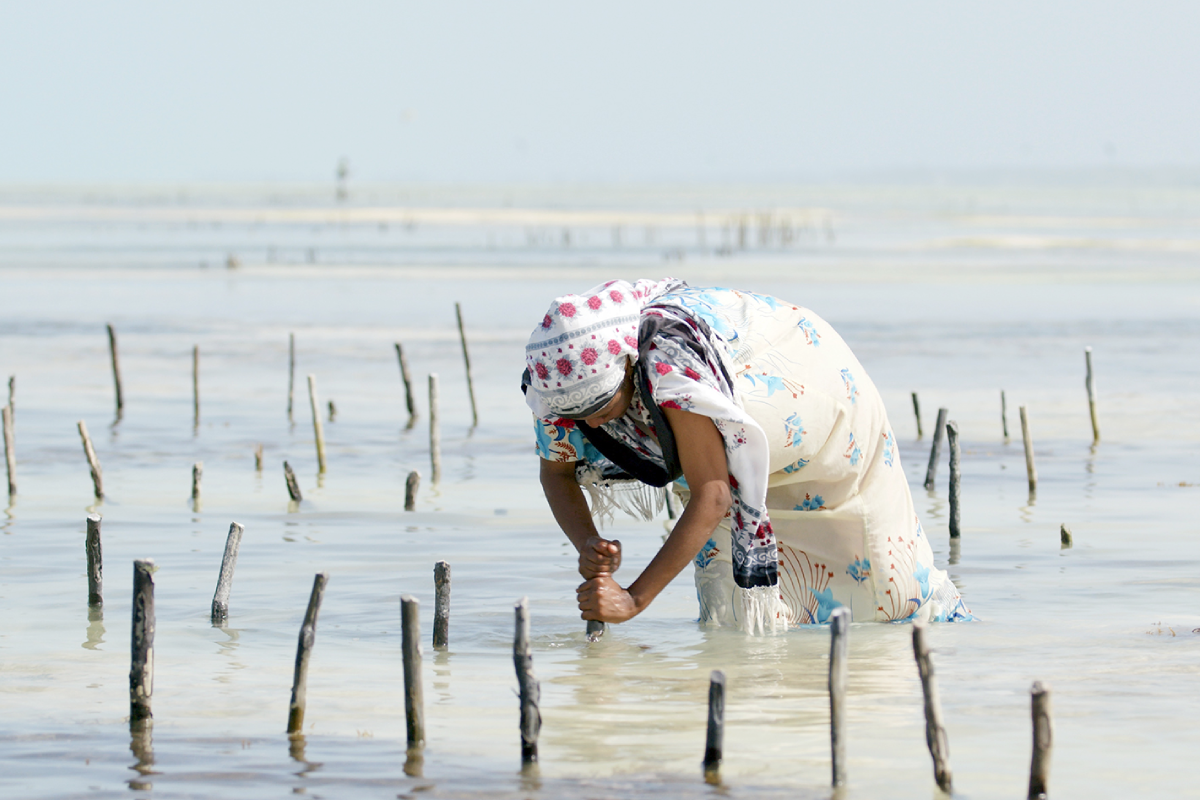Executive Summary:
"Clean Water, Stronger Communities: Zanzibar's Path to Health Security" is a comprehensive community-driven water access and public health initiative aimed at transforming the health, resilience, and economic future of Zanzibar’s most underserved rural and peri-urban communities. The project will improve access to safe drinking water, reduce waterborne diseases, and strengthen community engagement in sustainable water management practices.
By implementing solar-powered water systems, rainwater harvesting, and hygiene education programs, this initiative aligns with the UN Sustainable Development Goals (SDGs), particularly SDG 3 (Good Health and Well-being) and SDG 6 (Clean Water and Sanitation).

Project Objectives:
- Ensure Access to Safe Water for over 25,000 people across 15 rural communities in Zanzibar.
- Reduce Waterborne Illnesses by at least 60% through improved water quality and hygiene promotion.
- Empower Local Communities by training 200+ community health champions and water management committees.
- Build Resilience to climate change with sustainable water infrastructure such as solar-powered boreholes and rainwater harvesting systems.
- Promote gender-inclusive participation in water governance and community health leadership.
Key Activities:
- Drilling and equipping 15 solar-powered boreholes.
- Construction of 10 rainwater harvesting systems in schools and health facilities.
- Installation of water storage tanks and filtration units.
- Community outreach on WASH (Water, Sanitation, and Hygiene) best practices.
- School-based hygiene clubs and menstrual hygiene management for girls.
- Distribution of hygiene kits (soap, sanitary pads, water purification tablets).
- Training water user associations and community health workers.
- Establishment of monitoring and maintenance teams for water systems.
- Gender equity workshops to empower women in leadership roles.
- Baseline and endline surveys.
- Community feedback mechanisms and quarterly progress reviews.
1. Water Infrastructure Development:
2. Health and Hygiene Campaigns:
3. Capacity Building:
4. Monitoring & Evaluation:
Expected Outcomes:
- 25,000+ people with improved access to safe drinking water.
- 60% reduction in reported cases of waterborne diseases like cholera and typhoid.
- Improved school attendance and performance, especially among girls.
- Increased community resilience and local capacity to manage water systems sustainably.
- Strengthened health systems through interlinkages with clean water access.
Duration:
24 months (2 years)

Total Budget Estimate: $850,000 USD
|
Budget Category |
Amount (USD) |
|
Water Infrastructure (Boreholes, Rain Systems) |
$400,000 |
|
Solar Power Systems for Boreholes |
$120,000 |
|
Water Storage and Filtration Units |
$60,000 |
|
Hygiene Campaigns & School Programs |
$50,000 |
|
Hygiene Kits Distribution |
$30,000 |
|
Training and Capacity Building |
$70,000 |
|
Monitoring & Evaluation |
$40,000 |
|
Community Engagement and Gender Programs |
$30,000 |
|
Project Management & Logistics |
$50,000 |
|
Contingency (5%) |
$50,000 |
|
Total |
$850,000 |
Partners & Stakeholders:
- Local Government of Zanzibar.
- Ministry of Health and Water.
- Community-based organizations.
- International Development Agencies.
- Private sector (solar tech companies, water engineers)
Why Zanzibar?
Zanzibar faces mounting public health challenges due to insufficient access to clean water, especially in rural areas. This project directly addresses a major determinant of health security—access to clean water—and enables communities to thrive through better health, education, and livelihoods.

Call to Action:
Support "Clean Water, Stronger Communities" to help Zanzibar unlock its full health and development potential. With your partnership, we can ensure that clean water isn’t a privilege, but a right for every community member.